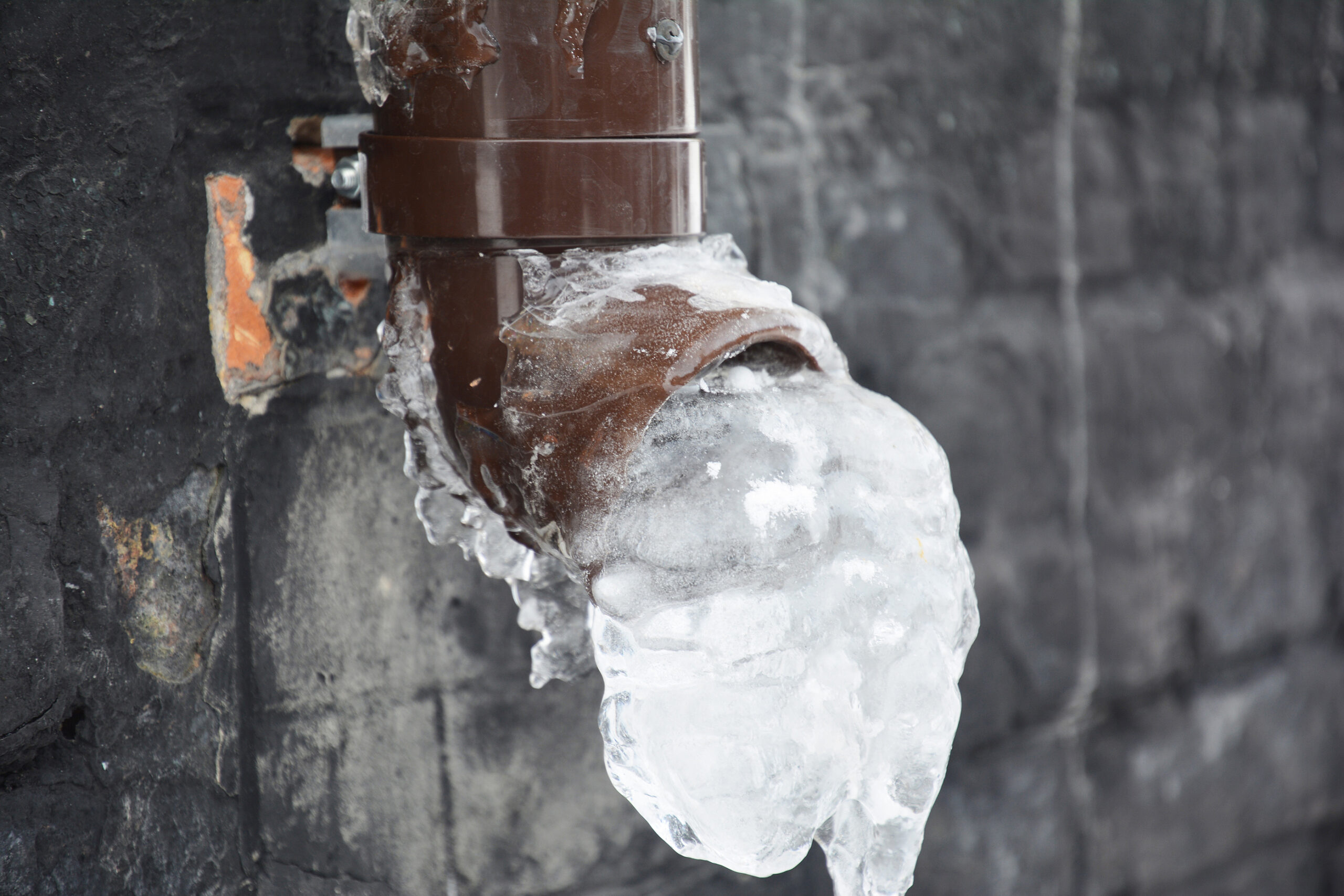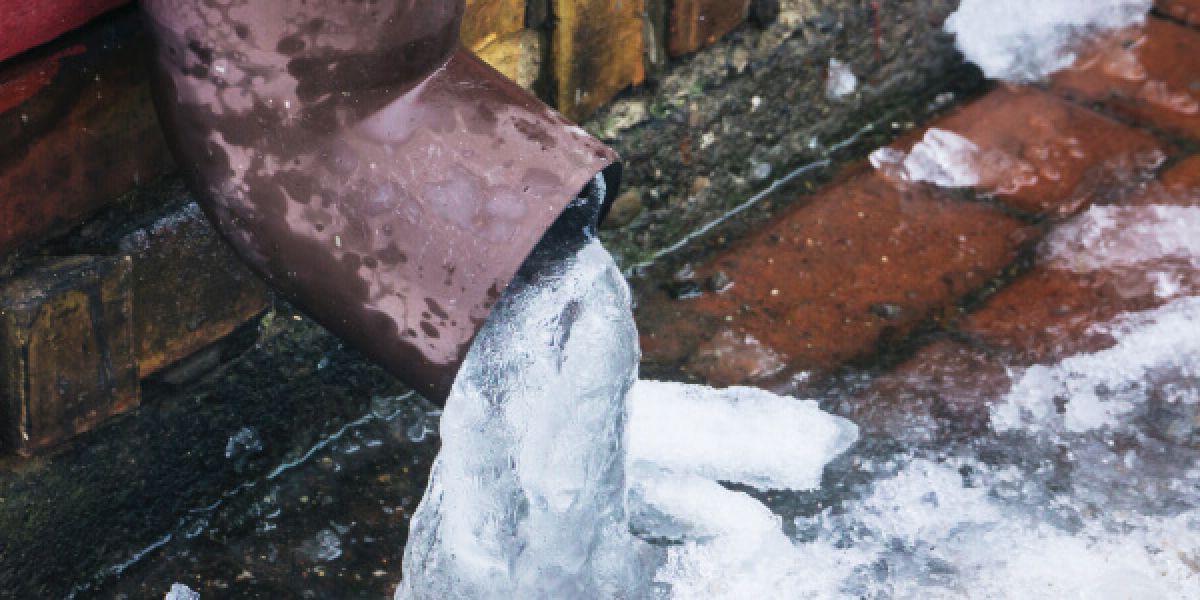Advice for Preventing Frozen Plumbing in Winter: Specialist Insights
Advice for Preventing Frozen Plumbing in Winter: Specialist Insights
Blog Article
What are your concepts on Prevent Frozen Pipes ?

Cold weather can ruin your pipes, especially by freezing pipes. Below's just how to avoid it from happening and what to do if it does.
Intro
As temperature levels drop, the threat of frozen pipelines increases, potentially causing costly fixings and water damage. Comprehending just how to stop frozen pipes is crucial for house owners in cool environments.
Avoidance Tips
Insulating susceptible pipelines
Cover pipelines in insulation sleeves or make use of heat tape to protect them from freezing temperatures. Concentrate on pipes in unheated or outside areas of the home.
Home heating techniques
Maintain indoor areas sufficiently warmed, particularly locations with pipes. Open cabinet doors to permit warm air to circulate around pipes under sinks.
Just how to determine frozen pipes
Seek reduced water flow from taps, unusual smells or sounds from pipelines, and noticeable frost on revealed pipelines.
Long-Term Solutions
Structural adjustments
Take into consideration rerouting pipes away from exterior walls or unheated areas. Include additional insulation to attic rooms, cellars, and crawl spaces.
Updating insulation
Buy high-quality insulation for pipes, attics, and walls. Correct insulation assists preserve consistent temperature levels and lowers the danger of frozen pipelines.
Safeguarding Outside Plumbing
Garden hoses and outside taps
Separate and drain pipes yard hose pipes prior to winter season. Mount frost-proof spigots or cover exterior taps with insulated caps.
Comprehending Icy Pipes
What triggers pipelines to ice up?
Pipes freeze when exposed to temperature levels listed below 32 ° F (0 ° C) for extended periods. As water inside the pipes freezes, it broadens, taxing the pipeline wall surfaces and possibly creating them to rupture.
Dangers and problems
Icy pipelines can lead to water supply disruptions, property damage, and expensive repair services. Burst pipelines can flooding homes and create considerable architectural damages.
Indications of Frozen Pipeline
Identifying icy pipelines early can avoid them from bursting.
What to Do If Your Pipelines Freeze
Immediate actions to take
If you suspect icy pipes, maintain faucets open to soothe pressure as the ice thaws. Utilize a hairdryer or towels soaked in warm water to thaw pipes gradually.
Final thought
Preventing icy pipes needs aggressive steps and fast responses. By comprehending the reasons, signs, and safety nets, home owners can safeguard their pipes throughout winter.
Helpful Tips to Prevent Frozen Pipes this Winter
UNDERSTANDING THE BASICS: WHY PIPES FREEZE AND WHY IT’S A PROBLEM
Water freezing inside pipes is common during the winter months, but understanding why pipes freeze, and the potential problems it can cause is crucial in preventing such incidents. This section will delve into the basics of why pipes freeze and the associated problems that may arise.
THE SCIENCE BEHIND FROZEN PIPES
When water reaches freezing temperatures, it undergoes a physical transformation and solidifies into ice. This expansion of water as it freezes is the primary reason pipes can burst. As the water inside the pipe freezes, it expands, creating immense pressure on the walls. If the pressure becomes too great, the pipe can crack or rupture, leading to leaks and water damage.
FACTORS THAT CONTRIBUTE TO PIPE FREEZING
Low Temperatures: Extremely cold weather, especially below freezing, increases the risk of pipes freezing. Uninsulated or Poorly Insulated Pipes: Pipes located in unheated areas, such as basements, crawl spaces, or attics, are more prone to freezing. Insufficient insulation or lack of insulation altogether exacerbates the problem. Exterior Wall Exposure: Pipes running along exterior walls are susceptible to freezing as they encounter colder temperatures outside. Lack of Heating or Temperature Regulation: Inadequate heating or inconsistent temperature control in your home can contribute to frozen pipes. PROBLEMS CAUSED BY FROZEN PIPES
- Pipe Bursting: As mentioned earlier, the expansion of water as it freezes can cause pipes to burst, resulting in significant water damage.
- Water Damage: When pipes burst, it can lead to flooding and water damage to your property, including walls, ceilings, flooring, and personal belongings.
- Structural Damage: Prolonged exposure to water from burst pipes can compromise the structural integrity of your home, leading to costly repairs.
- Mold and Mildew Growth: Excess moisture from water damage can create a favorable environment for mold and mildew growth, posing health risks to occupants.
- Disrupted Water Supply: Frozen pipes can also result in a complete or partial loss of water supply until the issue is resolved.
WHY CERTAIN PIPES ARE MORE PRONE TO FREEZING
- Location: Pipes located in unheated or poorly insulated areas, such as basements, crawl spaces, attics, or exterior walls, are at higher risk of freezing.
- Exterior Pipes: Outdoor pipes, such as those used for irrigation or exposed plumbing, are particularly vulnerable to freezing as they are directly exposed to the elements.
- Supply Lines: Pipes that carry water from the main water supply into your home, including the main water line, are critical to protect as freezing in these lines can affect your entire plumbing system.
- Underground Pipes: Pipes buried underground, such as those connected to sprinkler systems or outdoor faucets, can be susceptible to freezing if not properly insulated.
https://busybusy.com/blog/helpful-tips-to-prevent-frozen-pipes-this-winter/

I hope you enjoyed our section about Preventing and dealing with frozen pipes. Thanks for spending some time to browse our article. Do you know anybody else who is excited by How to Prevent Your Pipes From Freezing? Why not promote it. Thanks for being here. Revisit us soon.
Contact Us Report this page